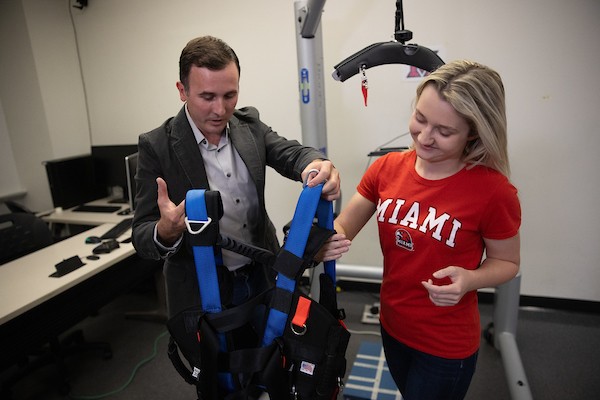
Assistive and Sustainable Technology
The Assistive and Sustainable Technology research cluster at Miami University’s College of Engineering and Computing (CEC) explores how technology can be designed and applied to improve lives and promote environmental responsibility.
Labs and resources
This lab includes instrumentation for water, wastewater, gas and vapor analyses (Gas chromatography, ion chromatography, Atomic Absorption), instrumentation for materials characterization (BET surface area, TGA, DSC, zeta potential), and tools for test system design and construction.
The Human-Centered Design Research Lab at Miami University conducts design research at the intersection of engineering and psychology, with the goal of advancing theories and methodologies that keep end-users at the center of the design process and support individual and group decision making of engineers and designers. One theme studies end-user behaviors and product design such as decision rules used in product evaluation, perceptions and preferences that characterize design attributes, and latent needs and pain points that imply design opportunities. The other theme partially leverages findings from user research to support engineer and designer decision making, such as enablers and barriers in implementing user-centered design, heuristics to support better system thinking, and how the interactions of user-centered design and system thinking affect interdisciplinary collaborations. Research from both themes are also integrated with engineering design education.
The MyPath Project aims to build an accessible routing and navigation system for wheelchair users to get to their destination from any location. Accessible routes can be determined by classifying surfaces from vibration data. The data collected by sensors is analyzed and classified and the ML model is used to predict any new surface data. The road surface information is then updated in a research-oriented open-source mapping system known as the OpenStreetMap (OSM). The user's personalized requirements and the accessibility of each road are combined to generate an accessible route for wheelchair users.
The Miami University Center for Assistive Technology is a cross-disciplinary scholarly research center designed to enable engineering solutions to socially relevant problems which improve the quality of life of individuals.
Learn more in the video below!
Human upper and lower extremity exoskeleton robot design and control for rehabilitation application
Research project led by Assistant Professor of Mechanical and Manufacturing Engineering (MME) Sk Khairul Hasan
Learn moreFall risk detection and balance rehabilitation in human upright stance using virtual and augmented reality
Research project led by Associate Professor of Mechanical and Manufacturing Engineering (MME) James Chagdes, Ph.D.
Learn moreTrust in human-automation interaction
Research project led by Associate Professor of Mechanical and Manufacturing Engineering (MME) Jinjuan She, Ph.D.
Learn moreDesign and testing of haptic devices
Research project led by Professor of Mechanical and Manufacturing Engineering (MME) Jeong-Hoi Koo, Ph.D.
Learn moreInterdisciplinary faculty researchers
Faculty in this cluster lead interdisciplinary research on accessibility, sustainability, and human well-being. Select a faculty researcher below to learn more about their work and recent publications.
Catherine Almquist, Ph.D
UV LED Photocatalytic Device to Reduce Evaporative Fuel Vapor Emissions
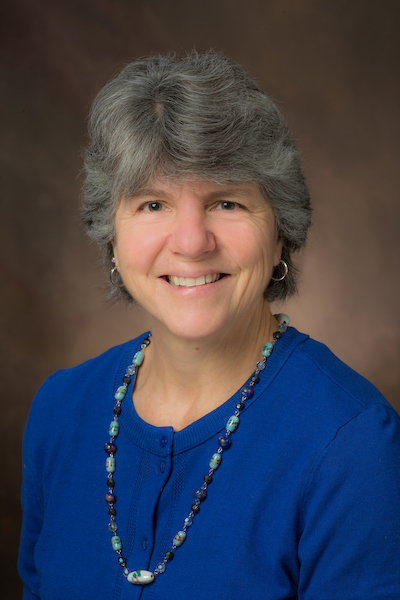
Lei Kerr, Ph.D.
Solar Cells; Artificial Nasal Cavity
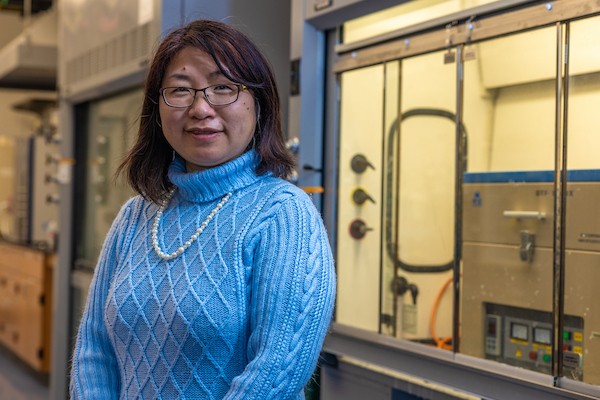
Vaskar Raychoudhury, Ph.D.
Accessible Routing Using Smart Crowd-Sensed Surface Classification for Wheelchair Users
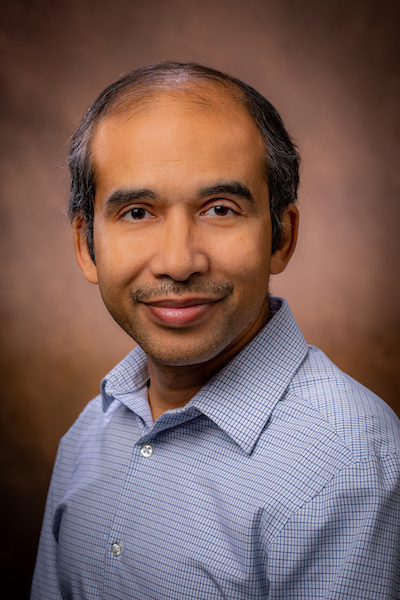
Jinjuan She, Ph.D.
Intersection of Engineering and Psychology
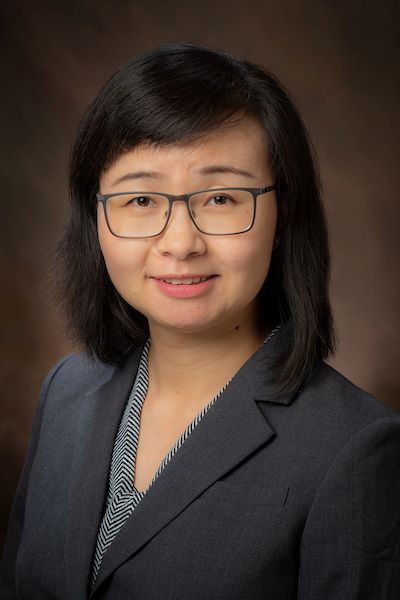
Jessica Sparks, Ph.D.
Epidermal electronics for physiological signal monitoring
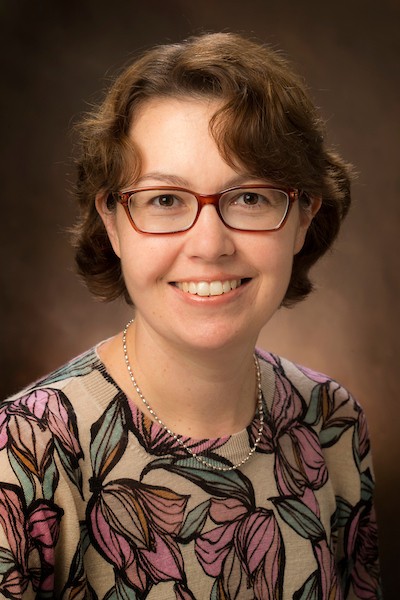
James Chagdes, Ph.D.
Fall risk detection and balance rehabilitation in human upright stance using virtual and augmented reality

Sk Khairul Hasan, Ph.D.
Human upper and lower extremity exoskeleton robot design and control for rehabilitation application
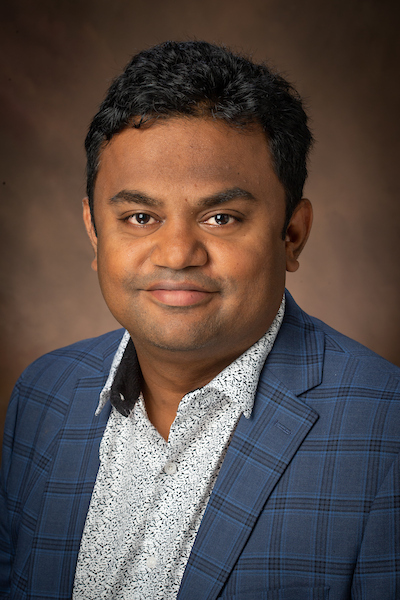
Jeong-Hoi Koo, Ph.D.
Design and testing of haptic devices
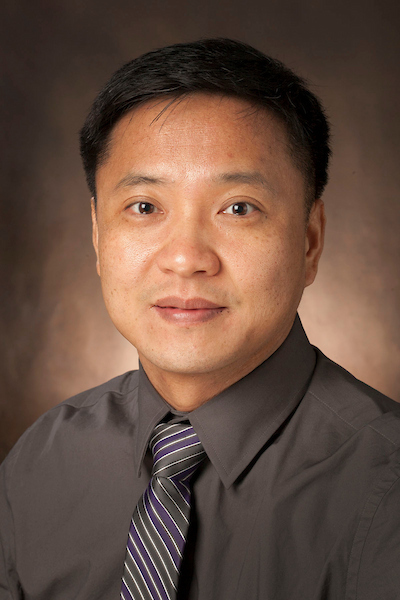
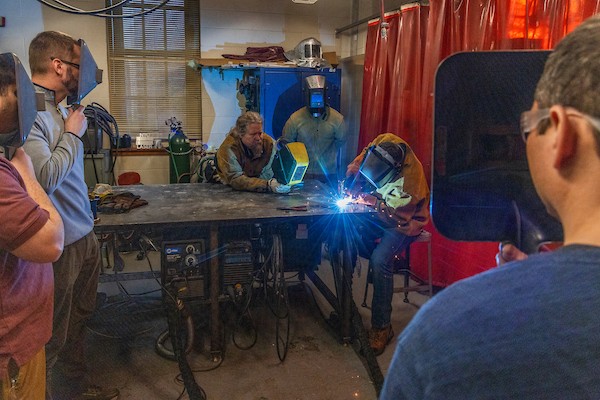
If your company is interested in benefiting from research opportunities and faculty expertise at the College of Engineering and Computing, please contact:
Jenni Szolwinski
Director of Industry Relations
Miami University
513-529-0702
You can also learn more about partnership opportunities by following the button below.
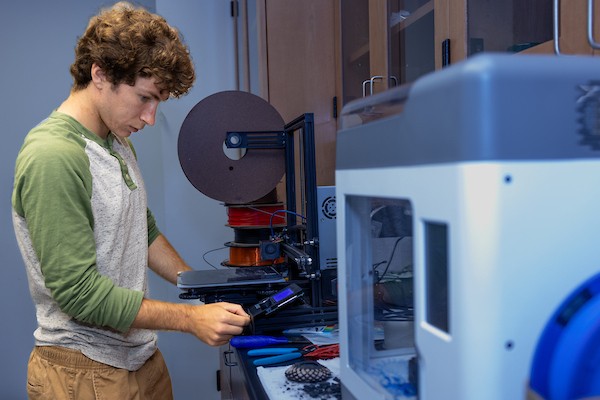
Below, you’ll find contact information for the faculty members involved in this research cluster. Feel free to reach out if you’d like to get involved as a student researcher!